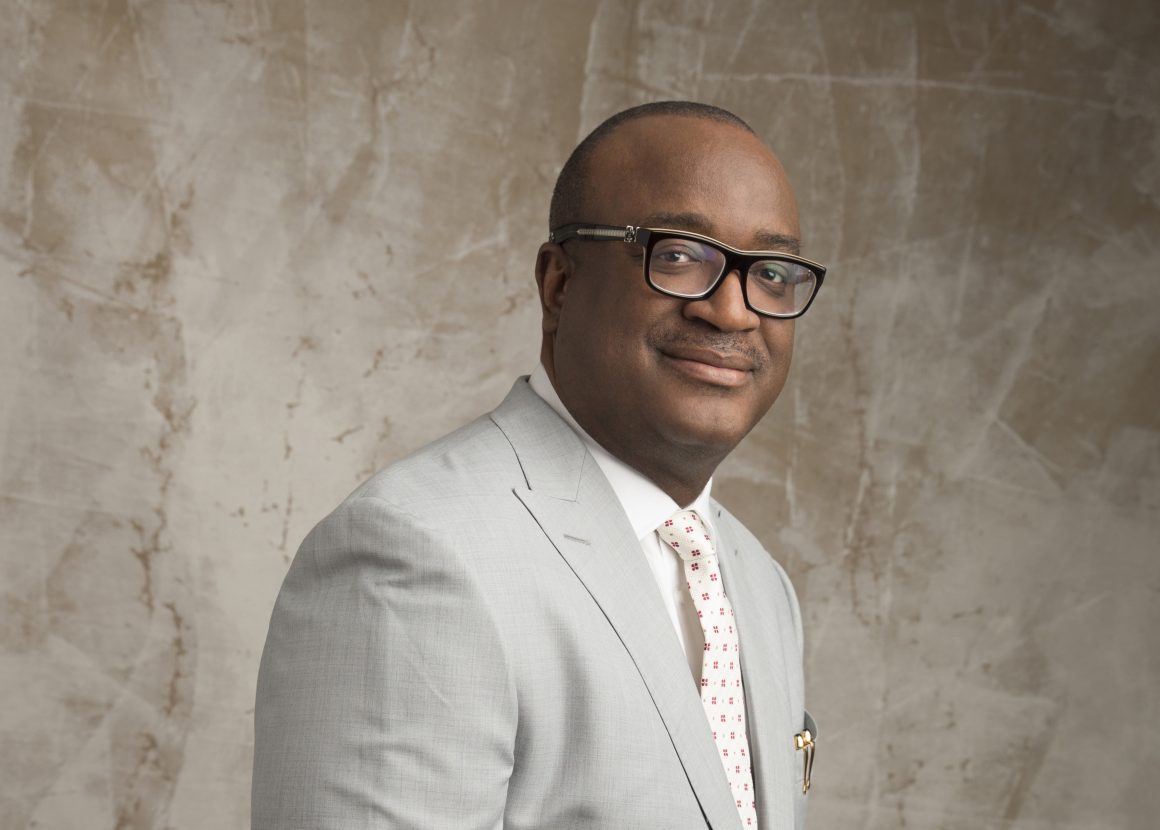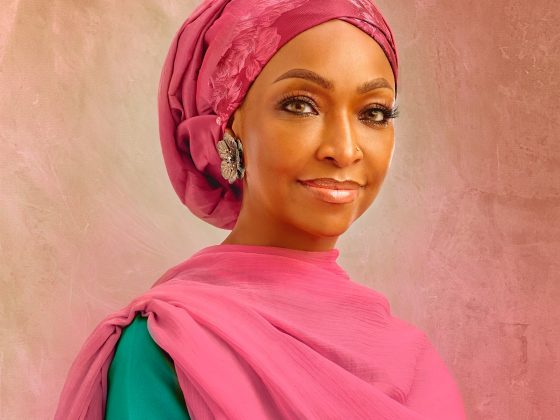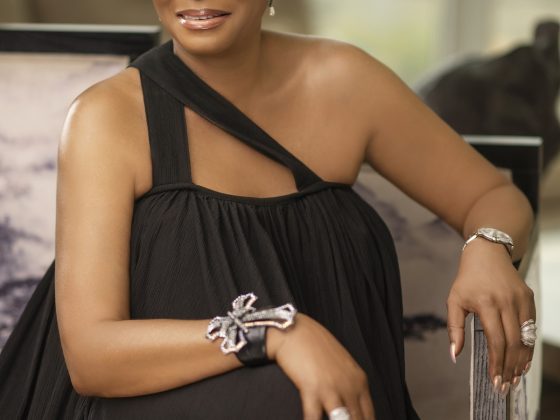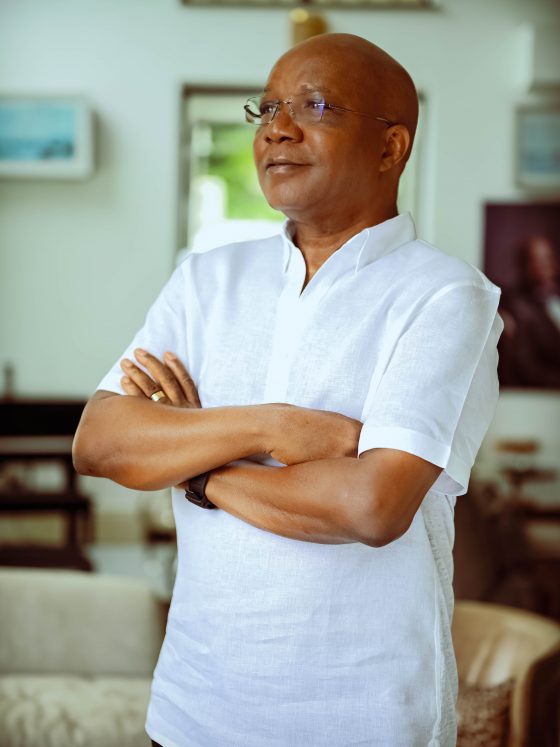Augustine Alegeh, the dynamic Founding and Principal Partner of Alegeh & Co., not only stands tall as a Fellow of the Chartered Institute of Arbitrators, U.K. but has also carved a niche for himself as the transformative 27th President of the Nigerian Bar Association.
Elected in 2014, his tenure was marked by groundbreaking reforms and lasting innovations. Alegeh, a legal virtuoso, rewrote the playbook with his decisive elimination of the delegate system, his pioneering introduction of the stamp and seal policy, and the crowning achievement of completing the NBA national secretariat in Abuja.
Now, eight years later, with an illustrious 27-year journey through the legal landscape, Alegeh continues to be a towering presence in Nigeria’s legal corridors. His expertise isn’t just confined within national bounds; he’s also a force to be reckoned with in international arbitration tribunals. A relentless crusader for the rule of law, his commitment is unwavering, and he is constantly advocating for sweeping judicial reforms to revolutionise the system.
In an enlightening conversation with Funke Babs-Kufeji, this eminent Senior Advocate of Nigeria and distinguished legal luminary shares his valuable insights on a spectrum of pressing issues facing the bar and the nation at large, illuminating paths forward with his seasoned perspective.
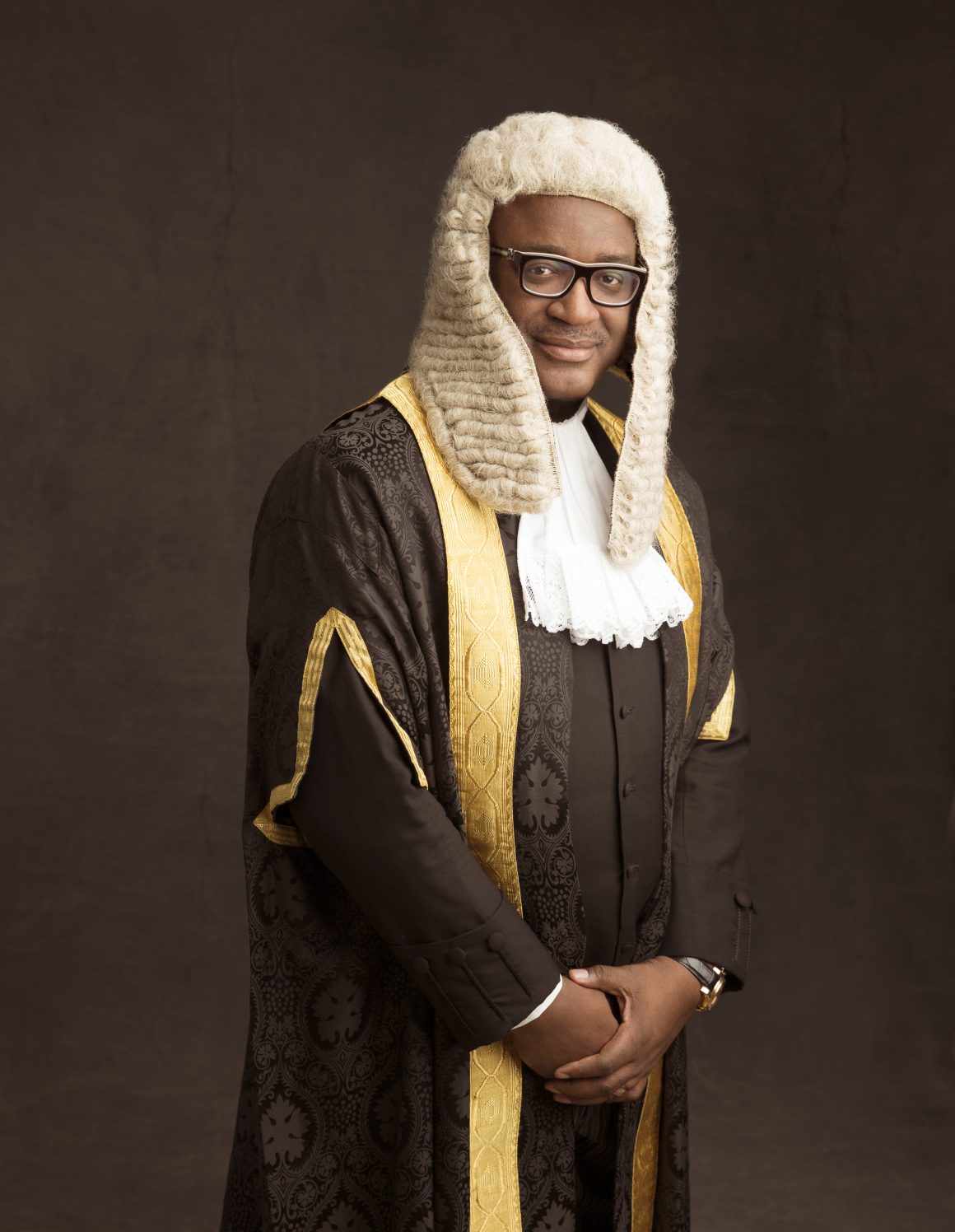
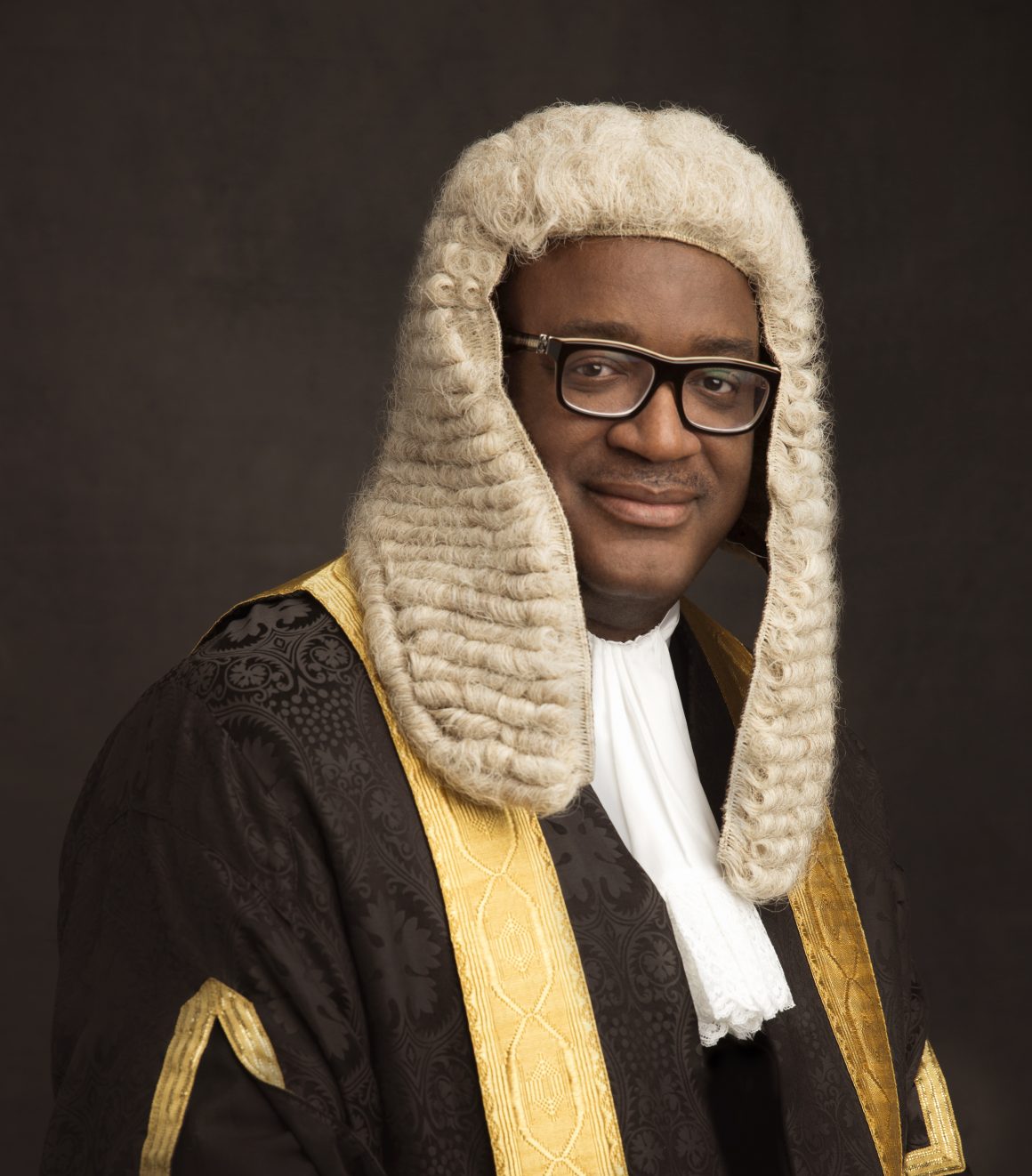
Congratulations to you and your wife, Ferri, on your 30th wedding anniversary. Tell us what the staying power of your marriage has been.
God remains the staying power of our marriage. God has made us good friends and given us the love, patience, and understanding to accommodate each other. God has blessed our marriage with four amazing and loving children. Our daughters, Anita, Kamilah, and Ochuwa, are all qualified as lawyers, while our son, Oshioke, is still in secondary school.
My wife has been very understanding and accommodating. The practice of law usually takes me around the world, and she has always been my pillar of support. She took on most of the responsibility for our children’s growth and upbringing. She has always kept the home intact, happy, and stress-free, giving me the opportunity to pursue my interests in the legal profession.
My prayer is for God to keep us happier, stronger, and deeper in love in the next thirty years and beyond.
You are a lawyer and a Senior Advocate of Nigeria (SAN). What event or occurrence can you say represented that breakthrough moment in your legal career?
I was conferred with the rank of Senior Advocate of Nigeria [SAN] in 2007. I was called to the Nigerian Bar in 1986 and have been engaged in active legal practice since then. It is difficult to identify a particular breakthrough moment in my career. I believe that over the last 38 years in legal practice, several events, cases, and circumstances have all contributed to my career growth and development. I have learned lessons from some cases and gained valuable experience, which has helped my career progression.
How would you rate Nigeria’s democracy from the First Republic till now? Have we made progress in our democracy?
Our democracy is still evolving. Our constitution is constantly being reworked and amended, with the consequent effect that political actors must continually adjust to the new constitutional provisions. We have made progress in our democratic journey since the First Republic. The fact that we have transitioned from one civilian administration to another from 1999 until now is clear evidence that we are making some progress. We must not forget that military coups truncated our first two democratic governments. The political parties and all political actors need to re-orient their mindset with a view to always acting in the best interest of Nigeria and the majority of Nigerians.
For many years, it has been talked about that Nigeria’s judicial system needs reform, especially now that our democracy is progressing. Tell us, in your capacity as a SAN, have these reforms begun to occur, and if they have, what still needs to be done?
The need for judicial reform has been on the front burner for several years now. Some work has been done in this regard, but certainly, there is a lot of room for improvement.
Our laws and rules of practice need to be further reviewed to avoid delays in our court cases. The legislature has introduced constitutional changes that ensure that all genres of election matters are timeously determined. Unfortunately, these changes do not extend to other matters, creating the wrong impression that only electoral matters require prompt attention and determination. I hold the humble view that if the time specifications in election matters are extended to include all cases, then we would succeed in eliminating undue delay, which is the single most negative aspect of judicial determination.
There has been some improvement in the process of appointing judicial officers. The process is a bit more transparent and objective, but there is still a lot of room for improvement. The system must be reformed to remove the existing loopholes that prevent the appointment of the best hands to the bench.
The judiciary is as good as the judicial officers that serve on its bench. We must strive to ensure that we only appoint honest, hardworking, and knowledgeable persons to the judiciary.
These are some of the reforms that I believe would go a long way in making our judiciary more efficient, effective, reliable, and predictable.
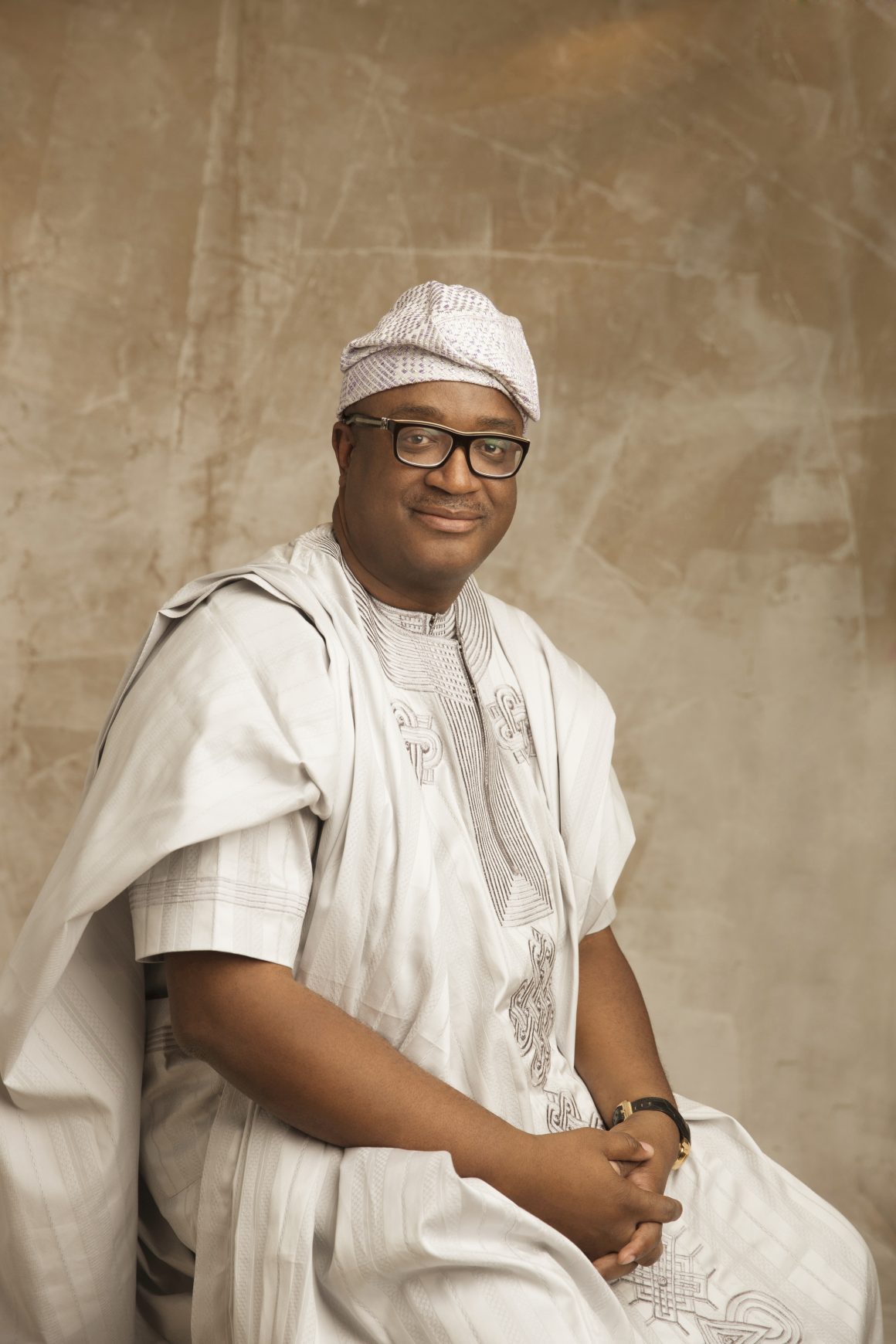
As a former president of the Nigerian Bar Association (NBA) and a member, what is the NBA doing to help actualize these reforms?
The NBA has always been at the forefront of the quest for judicial reform. The NBA has a standing Committee on the Judiciary, which is tasked with collaborating with the Judiciary and NBA members to develop and implement judicial reforms. All actors in the judicial arena must work harmoniously for there to be success in the quest for judicial reform in Nigeria.
However, it must be appreciated that the NBA lacks the legal authority to implement judicial reform. The role of the NBA is largely to recommend reforms and to embrace the reforms when they are introduced. The NBA remains very active in developing and proposing judicial reform, but ultimately, the judiciary has the legal authority to implement reform.
Regarding all the election tribunals, especially the Presidential Tribunal, will you say that due process was followed and also, which stood out for you?
The Supreme Court of Nigeria has heard all the appeals arising from the Presidential Elections Petitions Tribunal and upheld all the decisions of the said Tribunal. The decisions of the Supreme Court certainly put to rest any questions about the issue of due process with respect to the petitions. It is important and central to our democracy that we all learn to accept the decisions of our courts.
What stood out for me in the last election season was that all the parties that were aggrieved by the outcome of the elections approached the tribunals for redress. There was no disturbance or violence occasioned by their dissatisfaction with the outcome of the elections.
The decisions in these petitions also help to codify and deepen our electoral jurisprudence so that in the next elections, all actors are sure of their legal position with respect to the different parts of the electoral process.
So far, with President Tinubu at the helm of affairs, what’s your view of his administration? Do you see hope for Nigeria with him in charge?
President Bola Tinubu has not been in office long enough for me to objectively assess his administration. However, the difficult decisions President Tinubu has made so far, especially the removal of fuel subsidies, indicate an administration willing to confront and resolve the problems confronting our country. The benefits of these decisions are definitely not immediate, but they are just around the corner and would lead to a better, more prosperous Nigeria.
Also, what are your thoughts on the Beta saga from a judicial point of view?
The Beta Edu matter is still under investigation and has not entered the judicial system. President Tinubu’s decision to suspend her while the matter is under investigation is commendable and conforms to international best practices. She still enjoys the benefit of being presumed innocent until proven guilty. I do not have all the facts and, therefore, would not comment further on the matter.
The judiciary is supposed to be like all arms of government, separate from the executive and legislature. But most will argue that the executive and legislature highly influence the judicial system in our country. Why is this so, and what can be done to ensure it is totally autonomous?
The judiciary needs to be fully independent. The constitution has created a situation where the judiciary is not financially independent and still requires the judicial officers to appear before the legislature for confirmation and be sworn in by the executive.
The first step required in this regard is for the judiciary to be granted full financial autonomy and not have to rely on the executive for its finances. This is one of the major problems militating against the true independence of the judiciary.
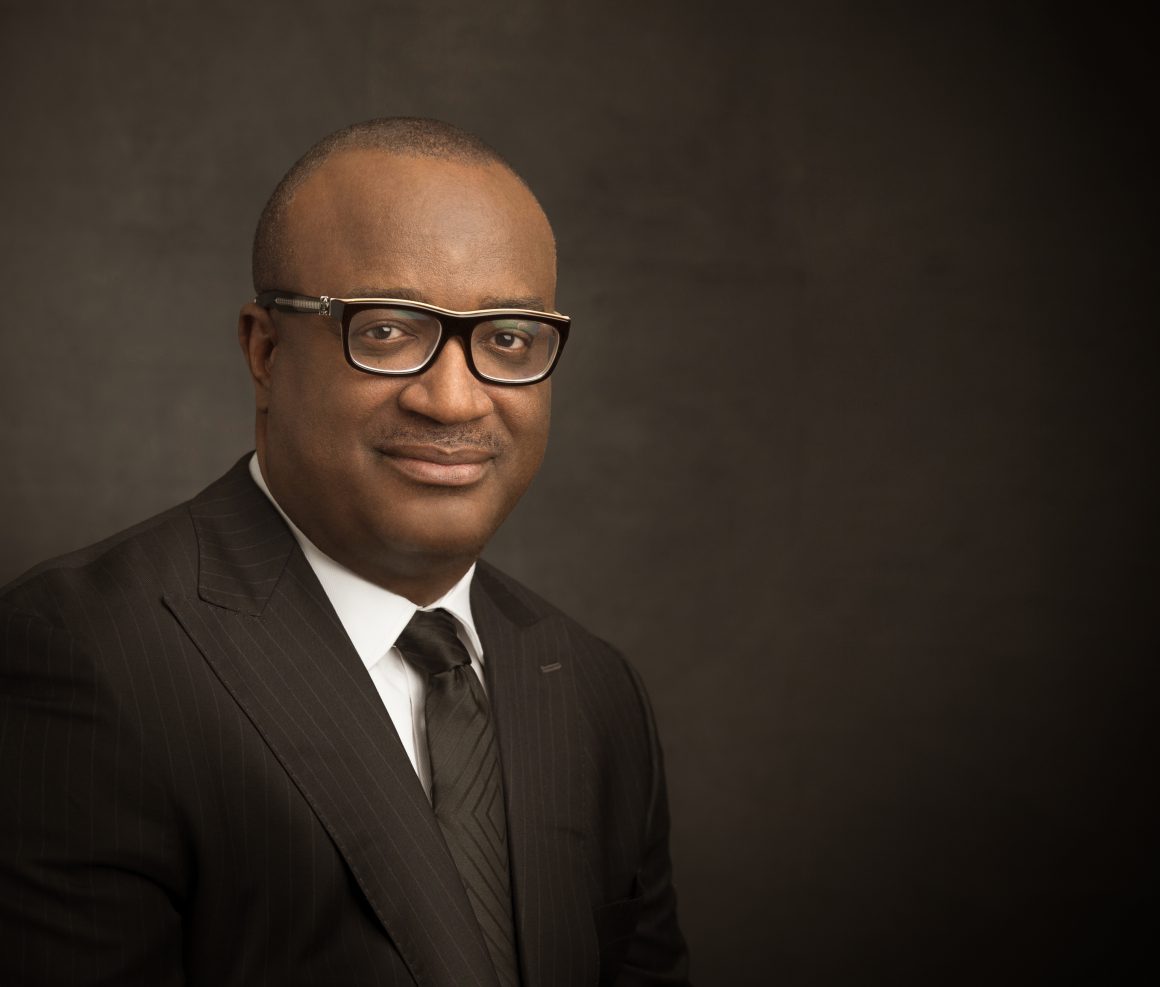
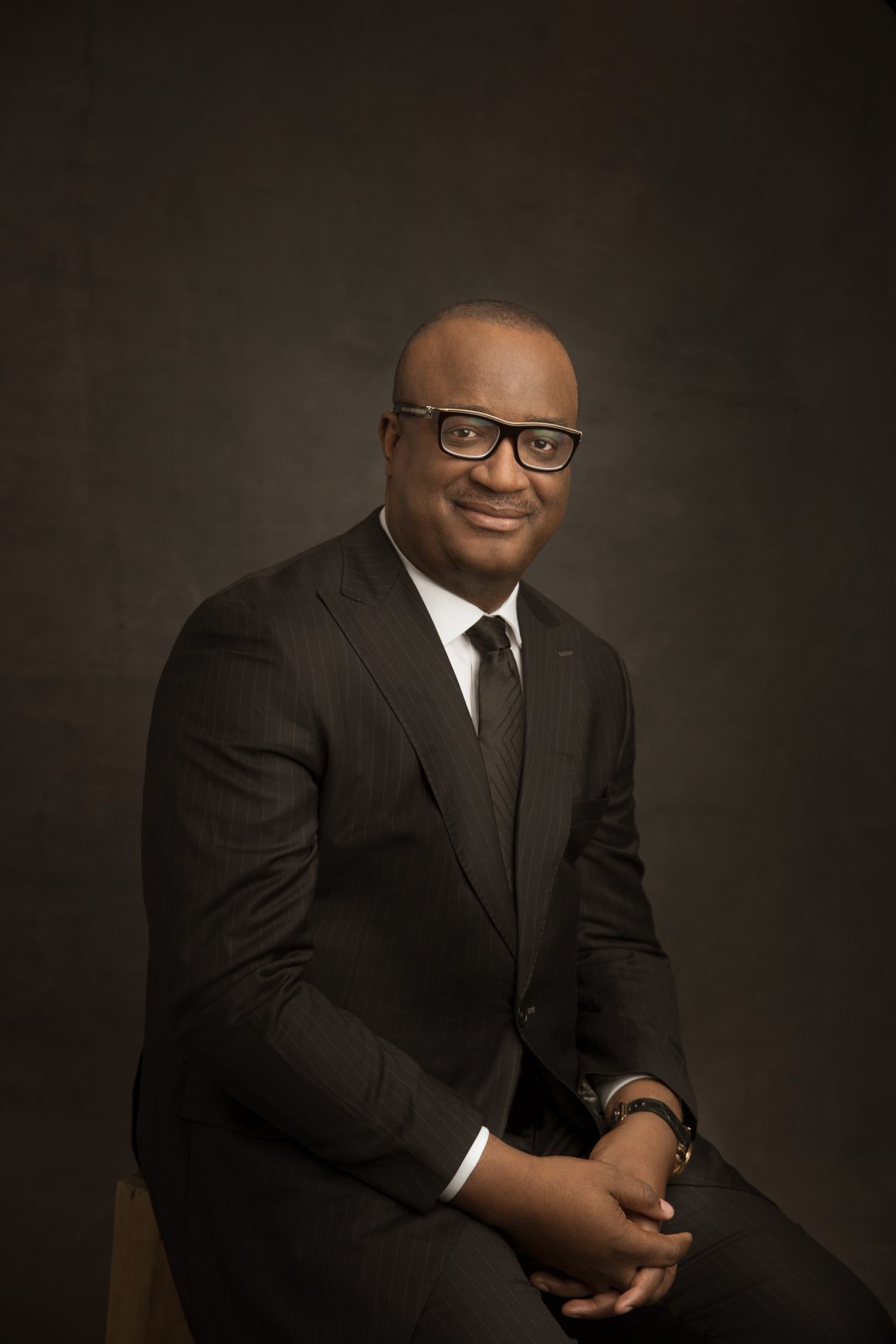
It has been said in hush tones that the selection process for the rank of SAN in Nigeria is highly flawed, with favouritism and connections being the order of the day, and lawyers are clamouring for transparency. How do you see the selection process for the SAN rank? What needs to be done to ensure it is based on merit alone?
The process for the selection of Senior Advocates of Nigeria has been revamped recently, and there are regular amendments to ensure fairness. The publication of the list of applicants for the rank in the National Dailies opens up the process for any person with a genuine case against any applicant.
The process is primarily merit-based, but the challenge comes when applicants who have fulfilled the requirements are dropped because there is a cap on the number of Senior Advocates of Nigeria that the Legal Practitioners Privileges Committee confers on applicants yearly.
Speaking of the clamour for transparency in the rank of SAN, what is your opinion about the number of women SAN when there are as many women as there are men in the law profession and many are outstanding women?
There has been an increase in the number of female SANs in recent years. The Rules make adequate provisions in that regard. The main issue is understanding that more males apply for the rank annually, and the Legal Practitioners Privileges Committee can only consider applicants for the rank who meet the set requirements. My advice is that our female colleagues should endeavour to apply in larger numbers, as there is no inhibition or obstacle that creates any real or imagined discrimination against them.
What is your advice to young lawyers coming up and who aspire to become SANs someday?
I advise young lawyers who aspire to attain the rank of Senior Advocate of Nigeria to be dedicated, disciplined, and hardworking. The route to success in the legal profession requires hard work and no shortcuts. Any young lawyer who dedicates himself to his practice of law would be able to meet the requirements for conferring the rank of Senior Advocate of Nigeria and ultimately being conferred with the rank.
In your many years of being a lawyer, what case has shocked you the most and why?
There is no particular case that has shocked me in my years of practice. I have been disappointed by the outcome of several cases, which, in my personal view, went against the grain of the law. I have been surprised by some decisions delivered by our courts, which, in my personal opinion, did not follow the law. However, I would not equate the disappointment or surprise with the level of “shock,” as my training as a lawyer has conditioned me to appreciate that my position is not infallible and to respect the ultimate decisions of our courts. In circumstances where the right of appeal exists, I would advise the client to appeal against the judgment to a higher court, but when it is a final judgment, I would advise the client to respect and accept the judgment in good faith.
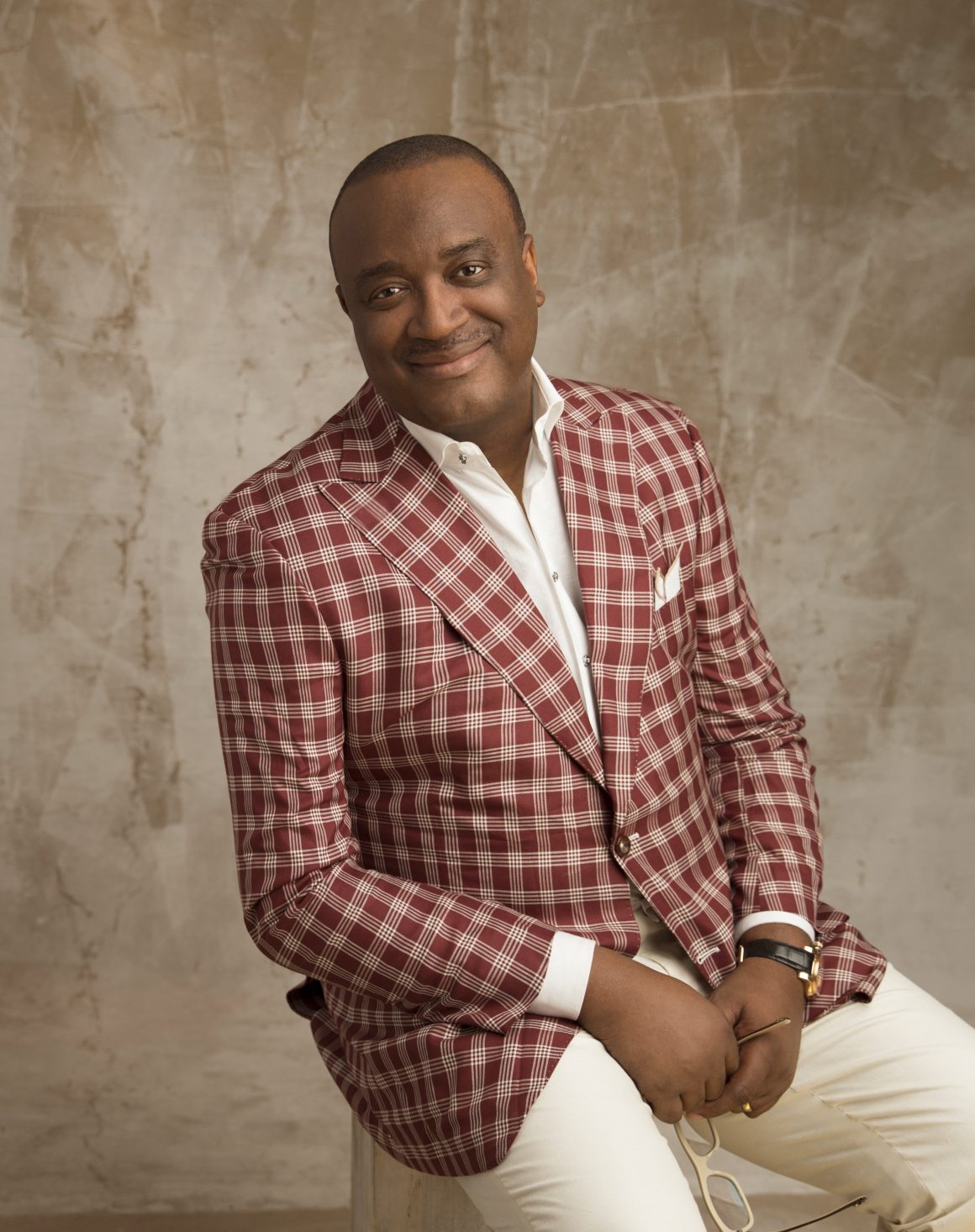
Who are your learned colleagues that you admire, and why?
There are so many learned colleagues that I admire for various reasons. I admire some for the hard work and sacrifices that they have made to succeed in their profession. The intelligence and oratorical prowess of some colleagues earn them my admiration. The final group that I admire is those who maintain the highest moral and ethical standards in their law practice—those who do not sacrifice their principles to advance a client’s case. I would prefer not to mention specific names, but certainly, I always make it a point of duty to tell my colleagues when I respect and admire them for any of the reasons above.
We have a large pool of amazing, intelligent, hardworking, and disciplined lawyers in Nigeria, and many of our Nigerian lawyers have excelled in Nigeria and internationally.

